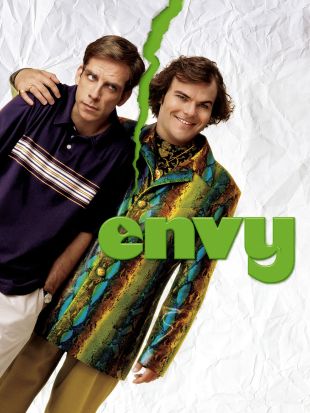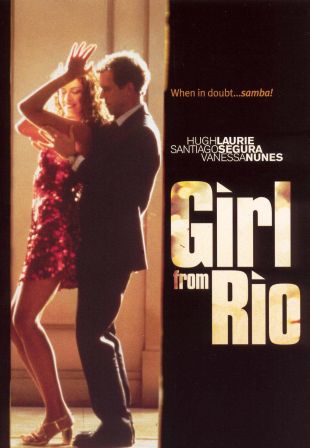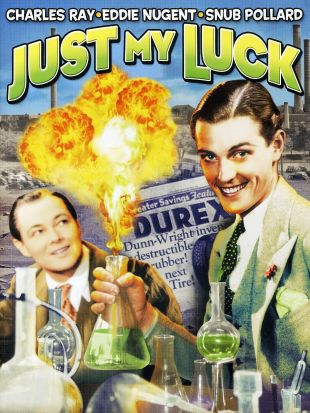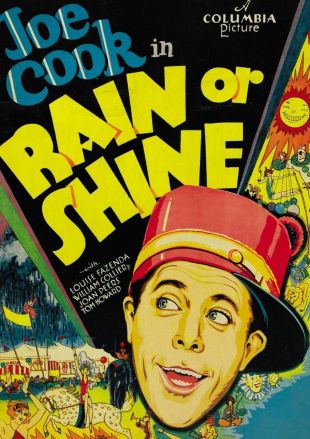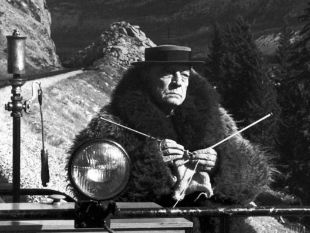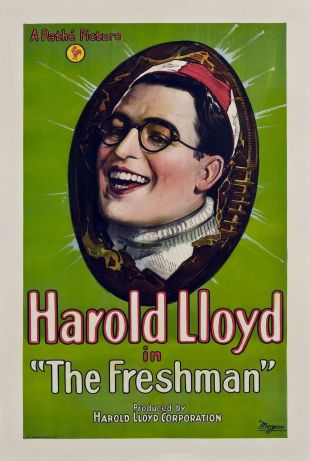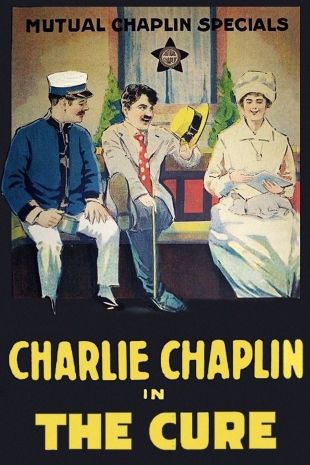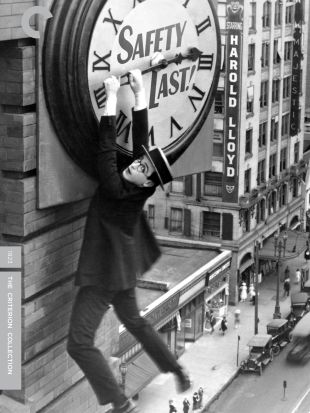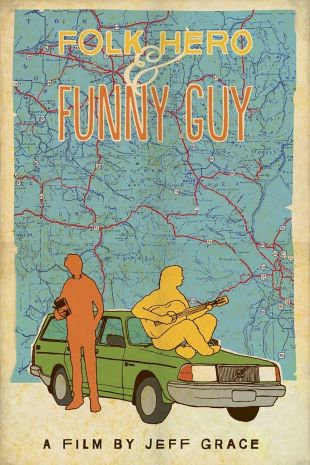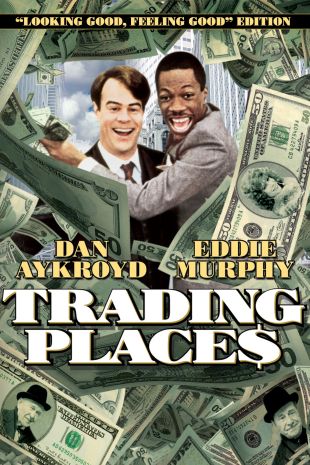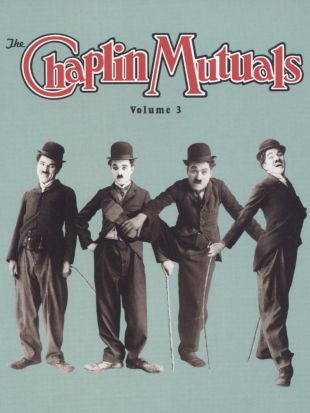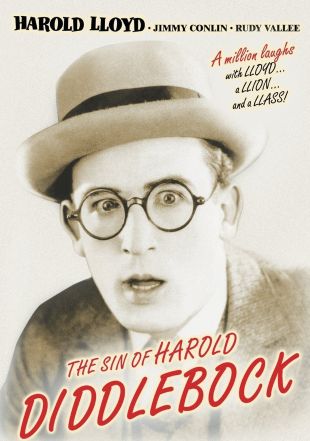
The Sin of Harold Diddlebock (1947)
Directed by Preston Sturges
Share on
Synopsis by Hal Erickson
Absent from films since 1938 (except as producer of a brace of RKO Radio features), silent-screen comedy favorite Harold Lloyd returned before the cameras in The Sin of Harold Diddlebock. The project began as a labor of love between Lloyd and the brilliant, innovative producer/writer/director Preston Sturges. Though these two comedy geniuses eventually had a stylistic falling out, resulting in an uneven, spasmodically dreary film, on the whole Harold Diddlebock is well worth having. Sturges cleverly opens the picture with the final reel of Lloyd's silent classic The Freshman(1925), in which the drudge of the college football team makes good and scores the winning touchdown. The story proper begins in the locker room, where football hero Harold Diddlebock (Lloyd, looking three decades younger than his 53 years) is impulsively offered a job by banker J.E. Wagglebury (Raymond Walburn). Taking his place at his new desk and festooning his walls with inspirational homilies, Harold starts to work, supremely confident that he's poised on the brink of bigger things. Twenty-three years pass: In 1946, a weary, stoop-shouldered Harold is still at the same desk at the same job, his dreams of success but a dim memory. Summarily fired by the pompous Wagglebury ("You have not only ceased to go forward, you have gone backward"), Harold collects his final paycheck, cleans out his desk, and bids farewell to office girl Miss Otis (Frances Ramsden), all of whose older sisters had previously been Harold's sweethearts. Wandering aimlessly on the street with his severance pay in hand, Harold is spotted by a dessicated street hustler named Wormy (Jimmy Conlin), who inveigles the newly fired clerk to join him at a nearby bar. Informed that Harold has never taken a drink in his life, the bartender (Edgar Kennedy) lights up and declares, "Sir, you rouse the artist in me!" With great ceremonial flourish, the bartender concocts a potent beverage called the Diddlebock. Harold takes one sip of the brew, lets out a yell, and immediately loses all the inhibitions that have kept him from advancing himself in the past two decades. With Wormy in tow, Harold goes on a wild spending and carousing spree, totally losing track of an entire day-and-a-half.
At the end of his revelry, the hung-over Harold is awakened by his sister (Margaret Hamilton), who informs him that he's bought a garish new wardrobe, a ten-gallon hat, and goodness knows what else. He soon finds out what else when he ventures into the street and is informed that he's bought a horse-drawn cab (with driver!) -- and a circus, complete with hungry lions. Quickly formulating a plan to get rid of the circus at a substantial profit, Harold decides to elicit bids from the town's various bankers, bringing Jackie the Lion along with him so that the bank guards won't stop him at the door. All of this leads to a wild recreation of Lloyd's skyscraper-teetering gags from his silent days, a noisy episode at the local jail, and a romantic tête-à-tête with Miss Otis, who reveals at the very end how Harold really spent his "missing" Wednesday! Though it tested well upon its first release, Sin of Harold Diddlebock was abruptly withdrawn from circulation by its co-producer Howard R. Hughes, who spent four years reediting and sometimes reshooting the film before finally releasing it through RKO as Mad Wednesday. Both this version and the original Sin of Harold Diddlebock still exist; while the earlier version is undeniably richer in comic invention and characterization, the shortened Mad Wednesday works better in front of an audience. Neither version completely fulfills the potential of its premise, however. Though not to be missed, this final Harold Lloyd vehicle pales in comparison with his vintage silent comedies.
Characteristics
Themes
Keywords
unemployment, alcoholism, success, lion, rags-to-riches, revenge, ambition, employment, investing, role-switching
Attributes
High Artistic Quality

